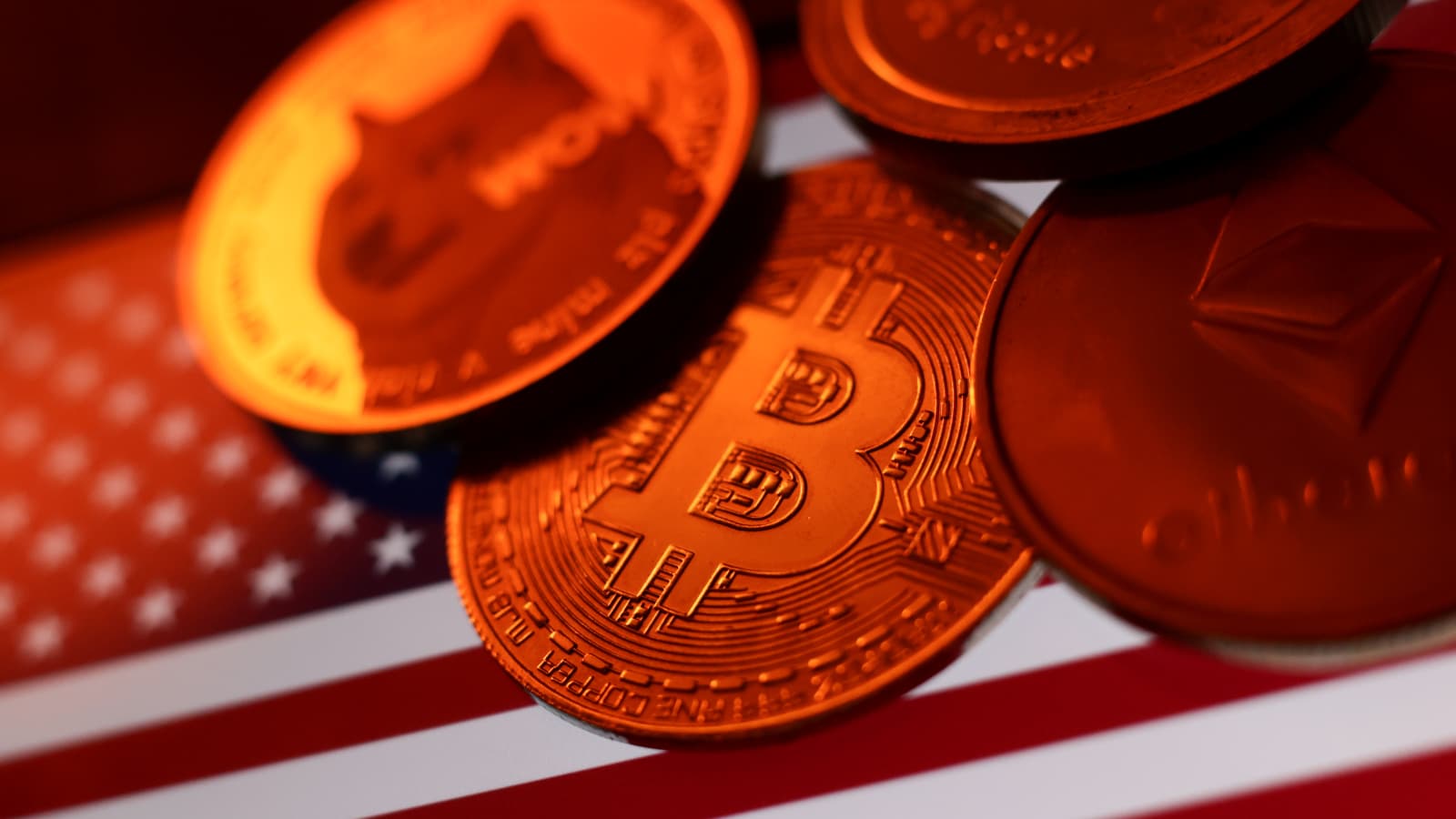On Monday, Emomotimi Agama, the Director-General of the Securities and Exchange Commission (SEC), unveiled the commission’s plans to launch the Crypto Smart, Nigeria Strong initiative.
He disclosed this while delivering his address at the 2025 Decentralised Finance Conference in Lagos.
According to Agama, the initiative is designed to promote collaboration with developers in building a robust regulatory framework for stablecoins—an essential step toward formally integrating Decentralised Finance (DeFi) into Nigeria’s financial system.
Why Crypto Smart, Nigeria Strong initiative
The initiative is part of the commission’s strategy to promote responsible innovation and protect investors. The campaign will target young Nigerians across schools, universities, and social media platforms.
Its core objective is to enhance digital literacy by teaching participants about basic blockchain principles, how to spot scams, and the value of long-term investing.
As he explained, the programme “aims to cover basic blockchain principles, how to spot scams, and the value of long-term investing,” while also “targeting young investors across schools, universities, and social media, teaching.”
The Director-General reiterated the foundational principles guiding the SEC’s approach, asserting that “The future of Nigeria’s digital assets ecosystem depends on three pillars: Collaboration, Innovation, and Trust.” He added, “Our objective is not to stifle innovation, but to build a robust regulatory environment where responsible DeFi can flourish. Through collaboration with industry developers, we are laying the foundation for stablecoin regulation that ensures transparency, security, and financial inclusion.”
SEC targets compliance to curb digital asset fraud
Additionally, the SEC is enhancing its licensing architecture, which is designed to make the process more efficient, transparent, and risk-based, aligning with global best practices.
The commission plans to introduce tiered Virtual Asset Service Provider (VASP) licenses and incorporate automated compliance monitoring systems to attract credible operators while shutting out bad actors by streamlining application timelines, introducing tiered VASP licenses, and incorporating automated compliance monitoring.
Agama stressed the commission’s vision, stating, “The road we see ahead is regulatory evolution through an expanded licensing regime. We are enhancing our licensing architecture to make it more efficient, more transparent and more risk-based.”
The commission chairman further outlined their strategy for Naira-pegged stablecoins, stating, “We are actively exploring a framework for Naira-pegged stablecoins. These will be fully backed by verifiable reserves, audited regularly by independent custodians, and used for cross-border trade, payments, and programmable finance.”
He highlighted the transformative impact of such a framework, noting, “Having a framework will allow digital asset innovation to serve real-world economic activity, not just speculation.”
Once implemented, these stablecoins are expected to play a vital role in facilitating cross-border transactions, retail payments, and programmable financial solutions—ultimately opening up new pathways for economic development.
How Nigerians gain from cryptocurrency use
Nigeria’s digital assets industry has witnessed remarkable growth, with over 65 percent of cryptocurrency users being under the age of 35.
These digital natives, often financially excluded or underserved by traditional banking, view digital assets as a means to save, invest, transact, and create wealth on their terms.
Recognising this demographic shift, the SEC is also reviewing pathways for digital asset Exchange Traded Funds (ETFs), custodial wallets for pension funds, and licensed asset managers offering tokenised securities to institutional investors.
The SEC’s proactive regulatory approach, coupled with the signing of ISA 2025 by President Bola Tinubu, signals Nigeria’s readiness to harness digital finance innovations to boost economic growth, deepen financial inclusion, and enhance the country’s position in global digital trade.
















